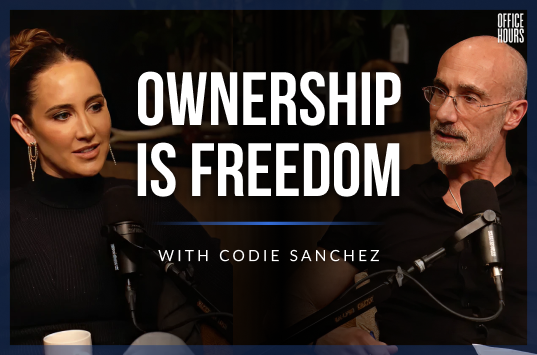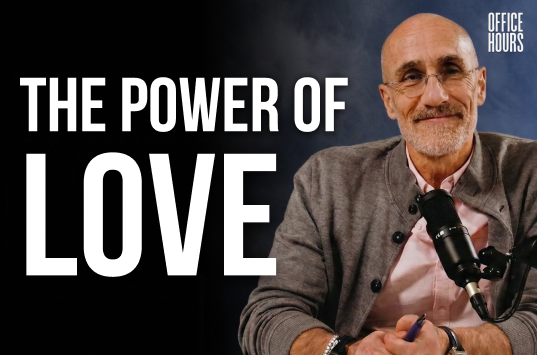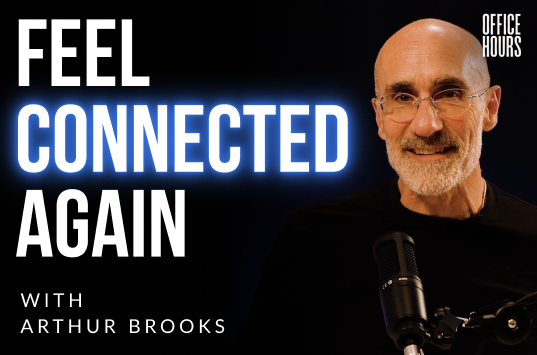Learn more about your affect profile by taking the Positive and Negative Affect Schedule quiz (PANAS) here.
So much of life depends not only on what we know, but also on what we know that others know as well. This shared awareness—what social scientists call common knowledge—explains how we cooperate, why markets rise and fall, and why silence in the face of cancel culture is so damaging.
In this episode of Office Hours, I’m joined by Dr. Steven Pinker, Harvard psychologist and bestselling author of The Language Instinct and Enlightenment Now. We discuss his new book, When Everyone Knows That Everyone Knows, and explore how common knowledge influences cooperation, politics, humor, and even happiness, and why using it as a gift, not a weapon, can help us all live better.
We cover:
• What common knowledge really is and why it matters in everyday life
• How nonverbal signals like eye contact or laughter shape our social lives
• Why so many Americans hide their true beliefs
• 4 principles that can help you live a happier, more meaningful life
• How to practice radical honesty with clarity and kindness
We’d love to hear any feedback you have. Please email us at officehours@arthurbrooks.com. And please leave a review on Apple or Spotify. Thanks for listening!
Brought to you by:
• AGZ—AGZ is a nighttime drink designed to support restful, restorative sleep. Get a free frother with your purchase at drinkag1.com/arthurbrooks.com
Referenced:
• Leadership and Happiness course
• The Happiness Files: Insights on Work and Life
• The Language Instinct: How the Mind Creates Language
• The Better Angels of Our Nature: Why Violence Has Declined
• Rationality: What It Is, Why It Seems Scarce, Why It Matters
• Enlightenment Now: The Case for Reason, Science, Humanism, and Progress
• Animals know more than we used to think
• Here’s what happens in your brain when you hear a joke, and why you find it funny – or not
• Why Authoritarians Fear Common Knowledge
• The Council on Academic Freedom
• Collective Illusions: Conformity, Complicity, and the Science of Why We Make Bad Decisions
• Study finds nearly 90 percent of students fake progressive views to appease liberal professors
• Populace






